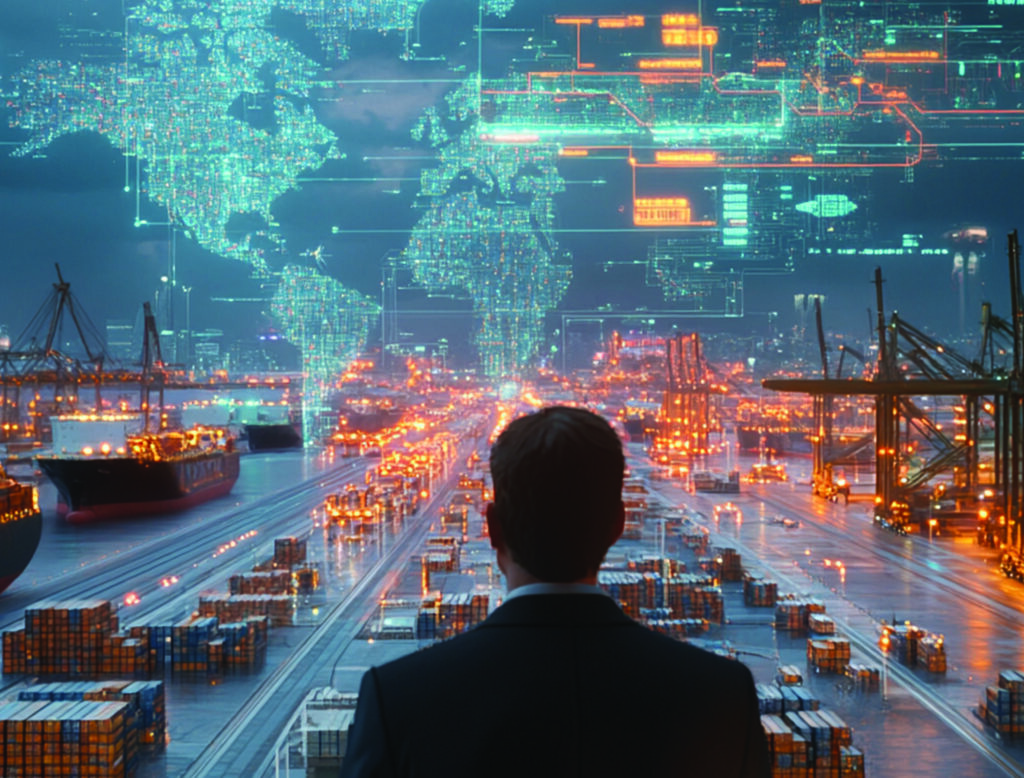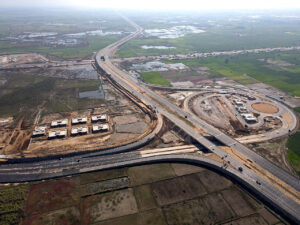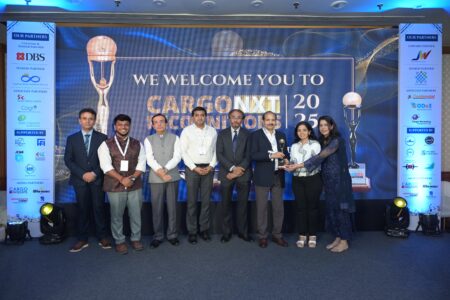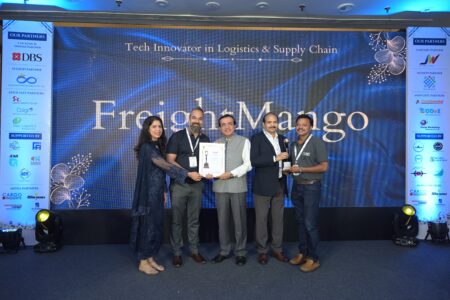
The global supply chain is undergoing a profound transformation, driven by the relentless march of technology. No longer confined to manual processes and traditional methods, logistics is rapidly evolving into a tech-driven powerhouse. From the moment raw materials are sourced to the final delivery to the end consumer, technology is permeating every stage of the journey, enabling smarter, faster, and more sustainable operations.
This convergence of technology and logistics is ushering in a new era of efficiency and innovation. Artificial intelligence (AI) is revolutionising route optimisation, predicting demand fluctuations, and automating repetitive tasks, freeing up human resources for more strategic endeavours. The Internet of Things (IoT) is connecting every asset within the supply chain, from vehicles and containers to inventory and even individual products, providing real-time visibility and enabling proactive issue resolution.
Automation is rapidly transforming warehouses and distribution centres, with robots and automated guided vehicles (AGVs) streamlining order fulfilment and minimising human error. Blockchain technology is enhancing transparency and security, ensuring the integrity of data, and facilitating seamless information sharing across the entire supply chain.
The Indian government has taken significant steps to foster this technological revolution. Initiatives like the National Logistics Policy 2022 aim to enhance multimodal connectivity, reduce logistics costs, and improve ease of doing business. The government is also promoting digitalisation through initiatives like the Unified Logistics Interface Platform (ULIP), which aims to integrate various logistics stakeholders on a single platform.
This convergence of technology and logistics has the potential to significantly enhance India’s competitiveness in the global market by improving efficiency, reducing costs, and improving overall supply chain resilience. However, challenges such as cybersecurity threats and the need for skilled professionals require careful consideration and proactive measures to ensure a smooth and successful transition towards a tech-driven logistics future.
Through interviews with industry leaders, we will gain insights into the critical steps needed for technology adoption, the role of government in creating a more tech-enabled ecosystem, and the future trends that will define logistics in the next decade. By examining real-world examples and emerging innovations, we will uncover how logistics professionals are navigating digital transformation, overcoming hurdles, and collaborating with various stakeholders to shape a future where technology meets logistics in a truly transformative way.











